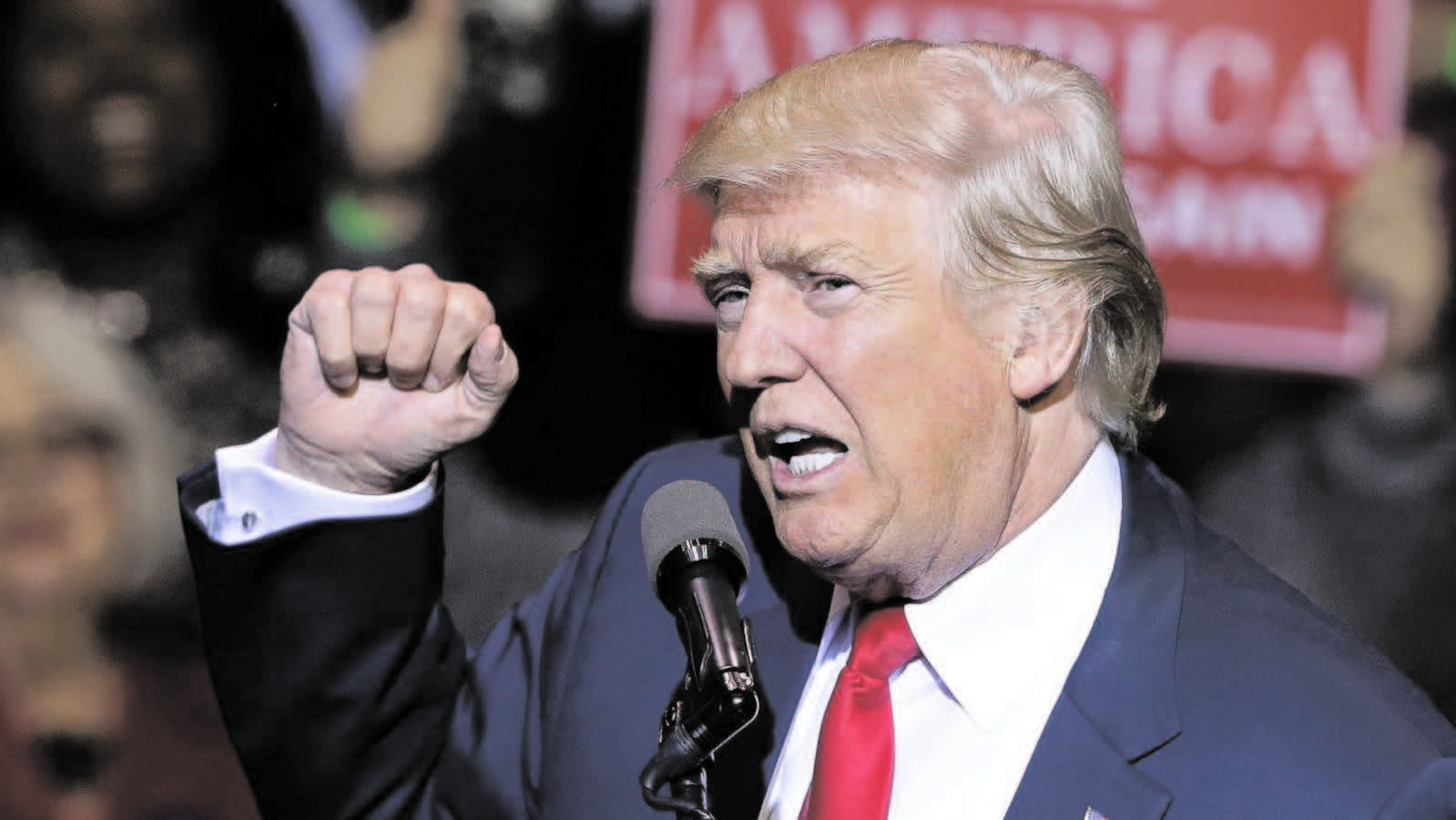
Washington: Nearly 300,000 Indian-Americans are likely to be impacted by the Trump administration‘s sweeping plans that put the nation’s 11 million undocumented immigrants at risk of deportation.
The Trump administration is releasing more on its plans to crack down on illegal immigration, enforcing the executive orders President Trump issued in late January. Those orders called for increased border security and stricter enforcement of immigration laws.
“Those people who are in this country and pose a threat to our public safety, or have committed a crime, will be the first to go,” White House spokesman Sean Spicer told reporters. “And we will be aggressively making sure that occurs. That is what the priority is.”
“The Department no longer will exempt classes or categories of removable aliens from potential enforcement,” the Department of Homeland Security (DHS) said in an enforcement memo.
“Department personnel have full authority to arrest or apprehend an alien whom an immigration officer has probable cause to believe is in violation of the immigration laws,” it said.
The Department of Homeland Security has issued two enforcement memos, which among other things, tightens deportation of illegal immigrants.
The emphasis is on criminal aliens, though, but opens up the door for others too.
Indian-Americans as per unofficial figures account for nearly 300,000 illegal aliens.
Homeland Security Outlines New Rules on Immigration
According to the memo, the DHS Secretary has the authority to apply expedited removal provisions to aliens who have not been admitted or paroled into the US, who are inadmissible, and who have not been continuously physically present in the US for the two-year period immediately prior to the determination of their inadmissibility, so that such aliens are immediately removed unless the alien is an unaccompanied minor, intends to apply for asylum or has a fear of persecution or torture in their home country, or claims to have lawful immigration status.
Immigrant rights advocates say the rules are written so broadly that they make anyone in the country illegally a target for deportation — potentially, as many as eight to 11 million people.
The White House and DHS deny that the rules amount to a blueprint for mass deportation.
While the new policies call for a “surge” in the deployment of immigration judges and other personnel, DHS officials said the agency is not planning mass deportations and that many of the new policies would take time to implement.
“We don’t need a sense of panic necessarily in these communities,” one DHS official said in a conference call with reporters.
Homeland Security officials said the policies would not affect Deferred Action for Childhood Arrivals #DACA, the Obama administration program that offered protection from deportation for so-called Dreamers who were brought to the U.S. illegally as children.
The DHS wants to expand the use of so-called expedited removal, in which migrants do not appear before an immigration judge before being deported. Under the Obama administration, those expedited deportations had been limited to those in the country for two weeks or less, and within 100 miles of the border.
DHS officials say they could seek to expand the use of expedited removal all over the country, for immigrants who have been in the U.S. for up to two years. Those rules have not yet been finalized.
In addition, the policies call for an expansion of a federal program that enlists state and local police to enforce immigration laws.
That partnership has come under fire from critics who allege that it has led to racial profiling. The federal government terminated one such agreement with Arizona’s Maricopa County Sheriff Joe Arpaio in 2011 after the Justice Department found that county officers unlawfully stopped and detained Latinos.
On Tuesday, Feb 21, DHS called the program “a highly successful force multiplier.” Officials said local officers go through extensive training and that racial profiling would not be tolerated.





Be the first to comment